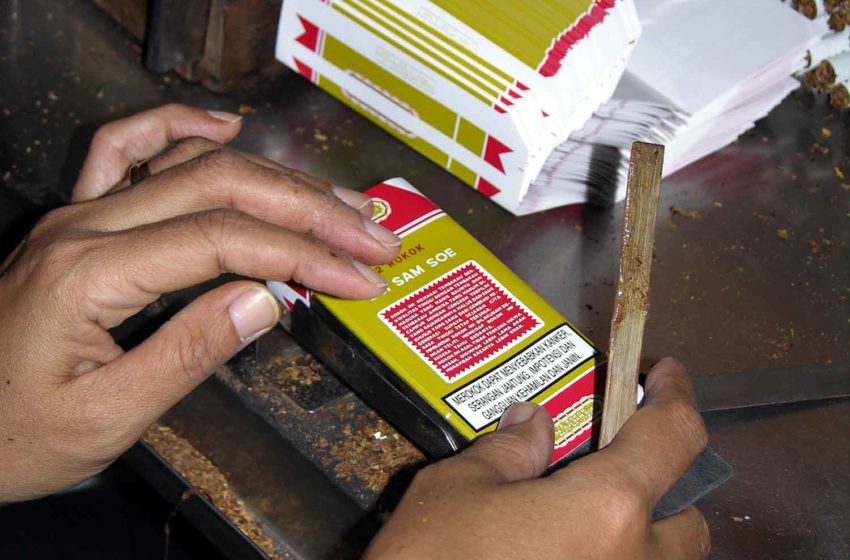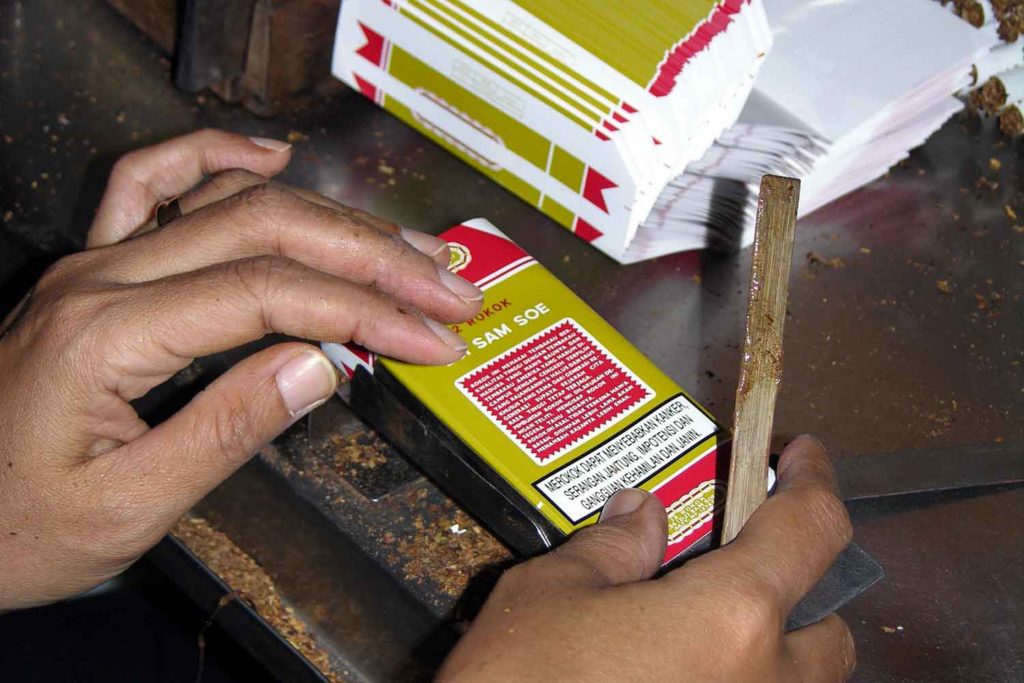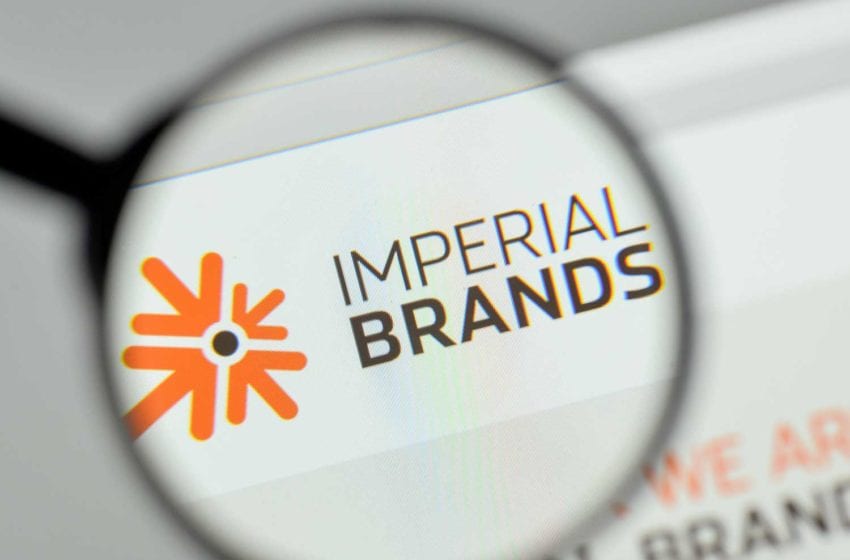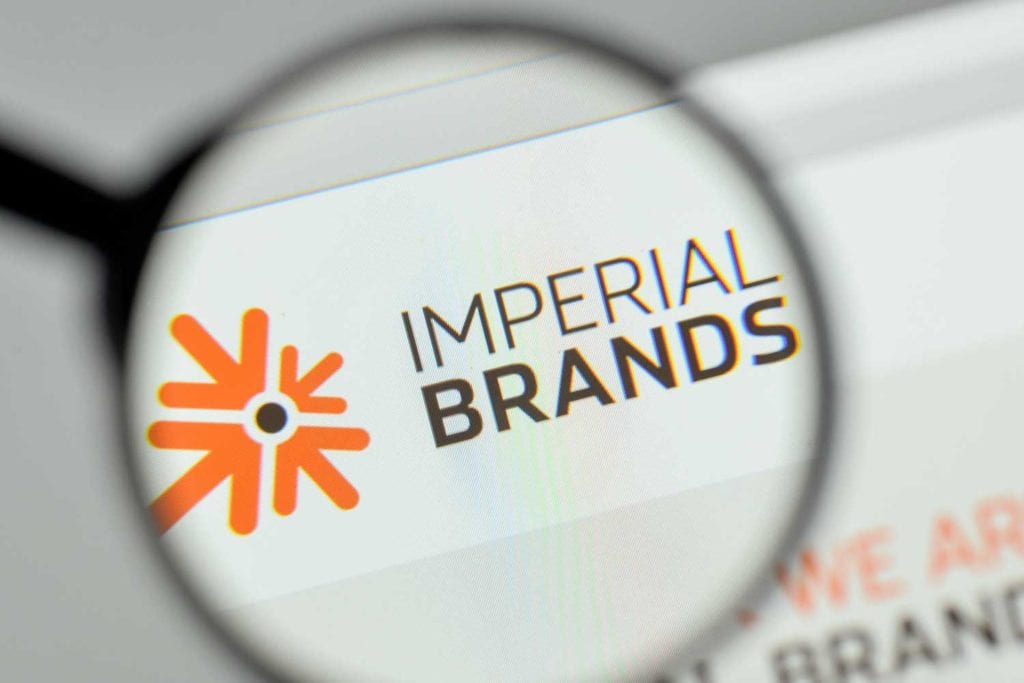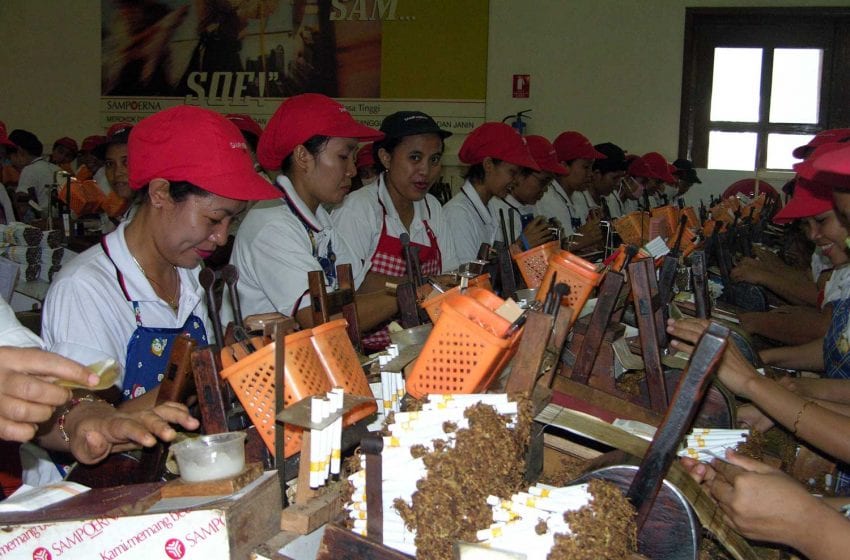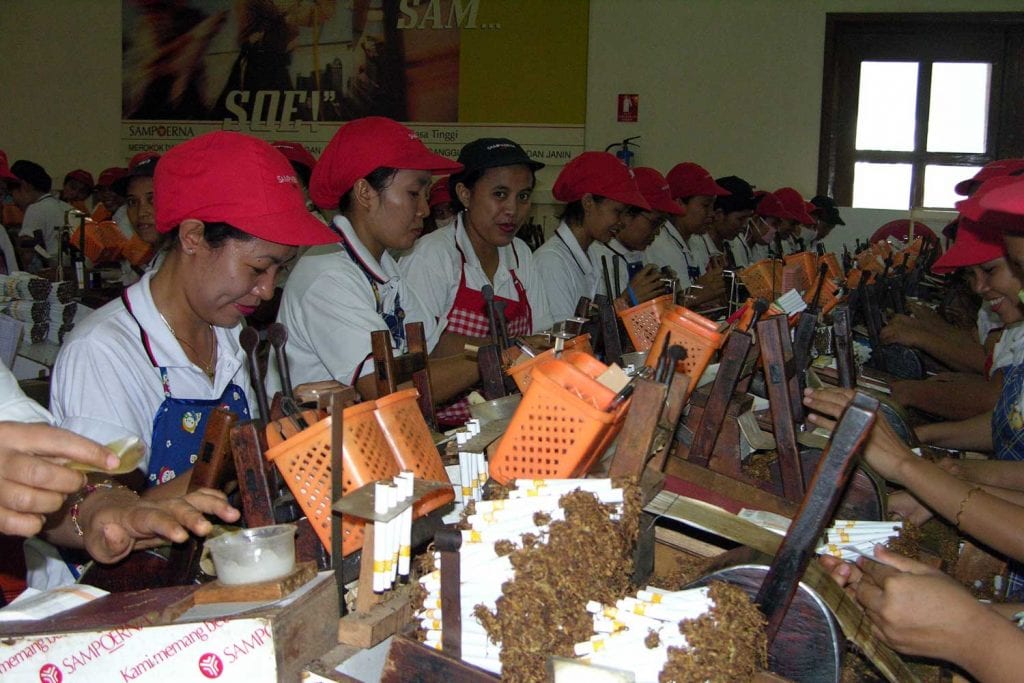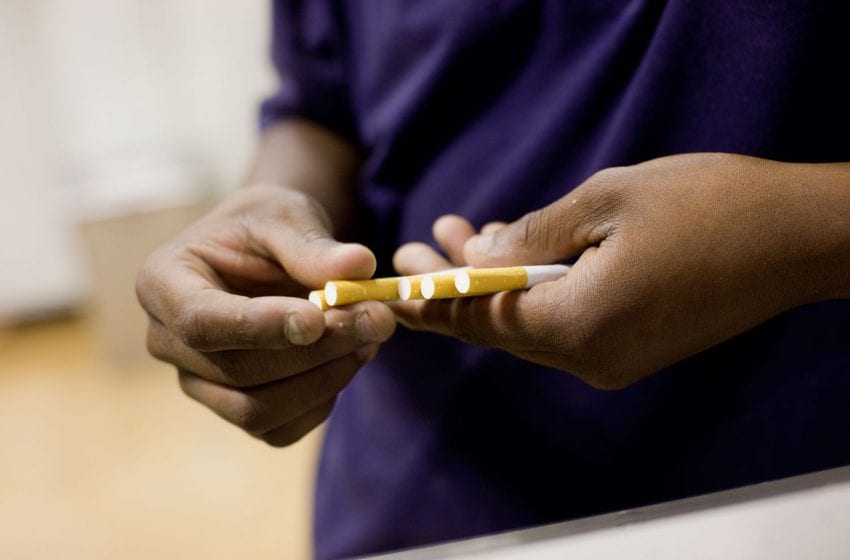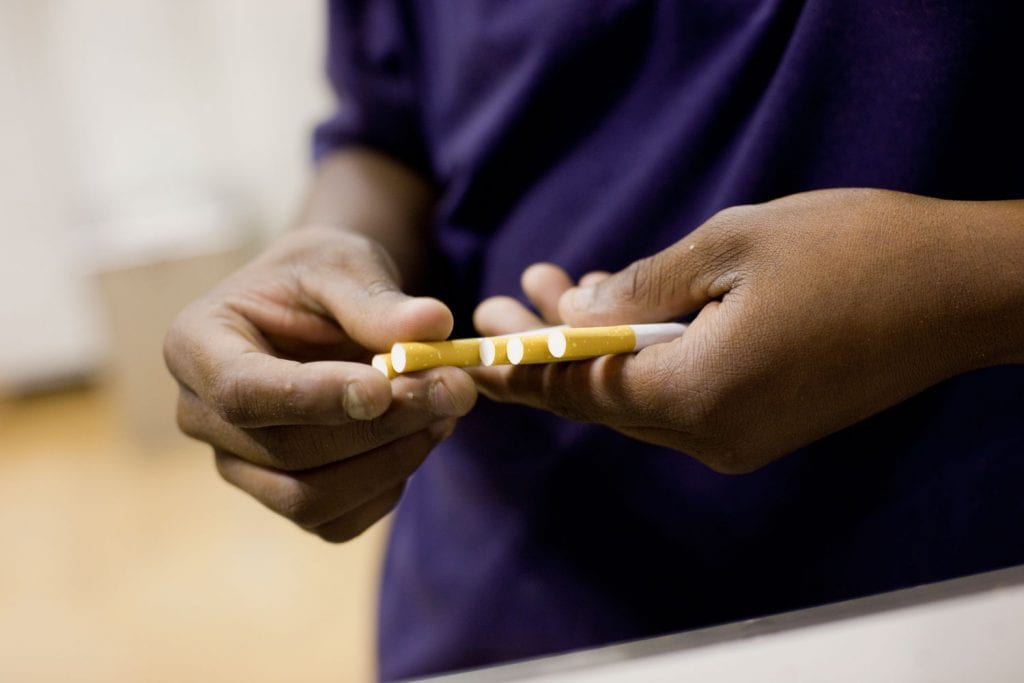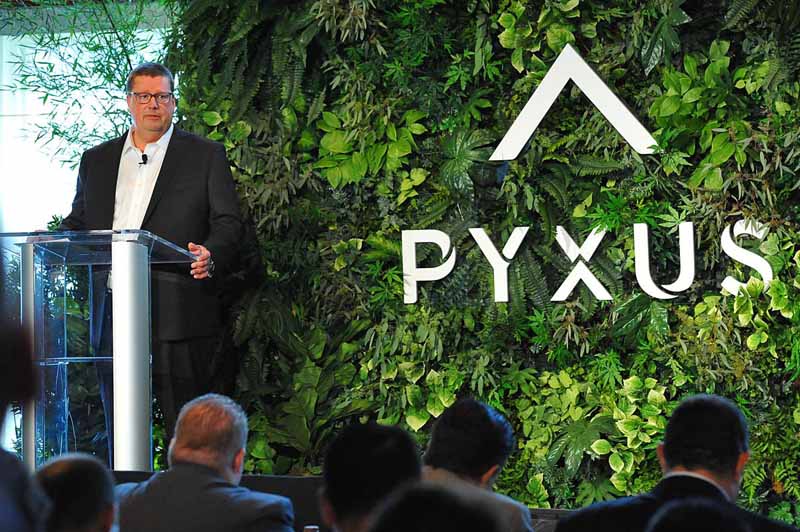
The United Kingdom’s departure from the European Union has increased the risk of illegal tobacco trade, reports Wales Online, citing a new report by Public Health Wales (PHW).
For starters, Brexit had reduced the U.K.’s access to EU databases for identifying criminals and illicit activity across Europe, potentially reducing its ability to detect and prevent illicit trade. And while being outside the EU allows the U.K. to implement additional checks at its borders, this advantage could be undermined by the government’s proposed freeports in Wales. Featuring fewer checks and regulations, these facilities are designed to boost international trade but can also be exploited by criminals, according to PHW.
In addition, international trade agreements currently under negotiation have the potential to create new supply routes and opportunities for criminal exploitation, according to the report. Brexit also has the potential to shape the demand for illicit tobacco by increasing risk of unemployment in sectors highly exposed to trade and poorer mental health due to uncertainty. Stress and poverty are associated with higher rates of smoking.
“To effectively reduce the illicit trade of alcohol, tobacco and drugs in the U.K. and Wales and benefit population health and well-being, strategies will need to reduce both the supply and demand of these goods, and this will mean taking account of the potential impact of Brexit on both factors,” said Louisa Petchey, senior policy specialist at the World Health Organization Collaborating Centre at Public Health Wales.
“This includes understanding its impact on supply chains, border controls and law enforcement cooperation. It also means responding to the ways in which Brexit may have negatively impacted on health and well-being in Wales to decrease demand for these goods in the first place.”










